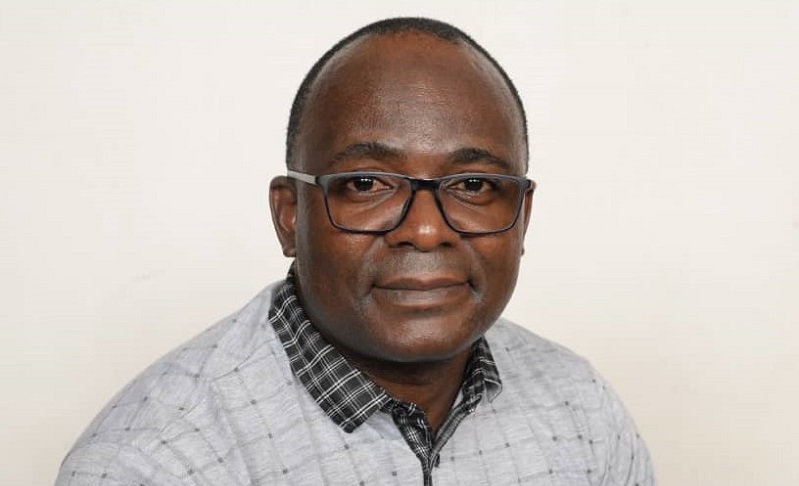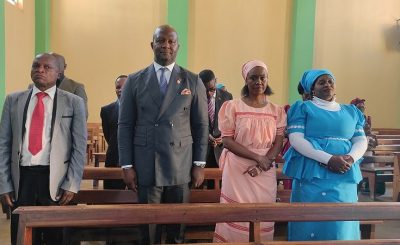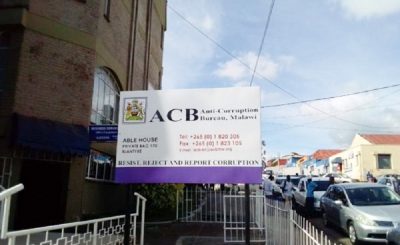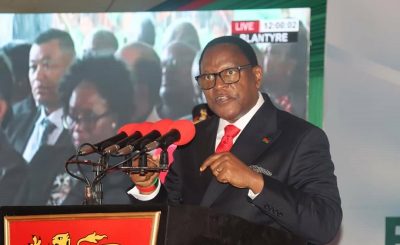The Centre for Human Rights and Rehabilitation (CHRR) and the Centre for the Development of People (CEDEP) have expressed discontent on the recommendations by the Special Law Commission on the Review of the Witchcraft Act of 1911 to penalise witchcraft practices in the country.
According to a statement jointly released by the two human rights organisations, the recommendations from the Commission do not address the challenge of proving supernatural practices in a court of law.
“By definition, a witch or wizard is someone who secretly uses supernatural powers for nefarious purposes. Assuming that the law is amended to criminalize the practice of witchcraft, there would be the difficult issue of evidence.”
“Under the new law, persons suspected of practicing witchcraft would face criminal charges,” reads the statement in part.
In an interview, CHRR executive director, Michael Kaiyatsa, said prohibition of witchcraft accusations should be maintained arguing that accusations often act as a catalyst to acts of violence.
He said: “It is good law practice that for one to be convicted of a criminal offence the prosecution must have proven its case beyond reasonable doubt.”
“However, witchcraft, as noted earlier, involves the use of supernatural powers. Therefore, proving the allegations would be very difficult in a court of law.”
In the last two years, CHRR and CEDEP have documented over 60 cases of killings based on witchcraft accusations across the country and they say most cases, the victims are older persons, especially women.
Kaiyatsa added that there is need to provide proper guidance to presiding magistrates on the issue of evidence in court when such witchcraft practices are criminalised.
“CHRR and CEDEP recommend that the law be revised to introduce a separate criminal offence relating to an accusation of witchcraft where this accusation incites or encourages acts of violence,” said Kaiyatsa.
“This means that simple accusations that do not incite or encourage acts of violence against the accused would not be prosecuted under this provision,” he said.





